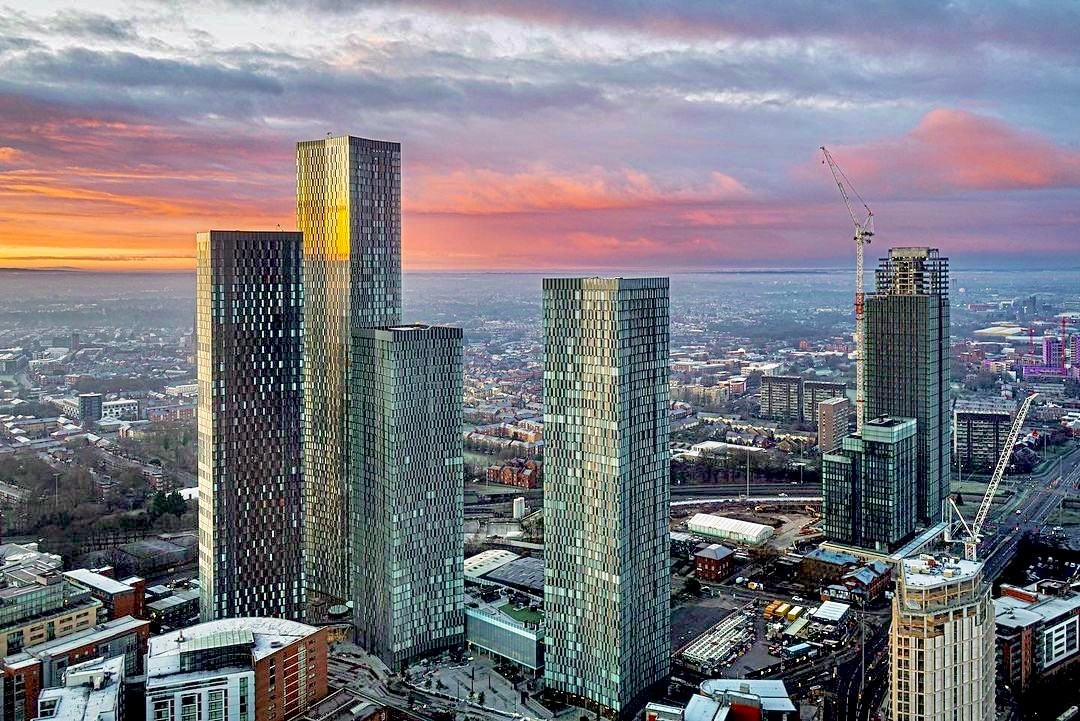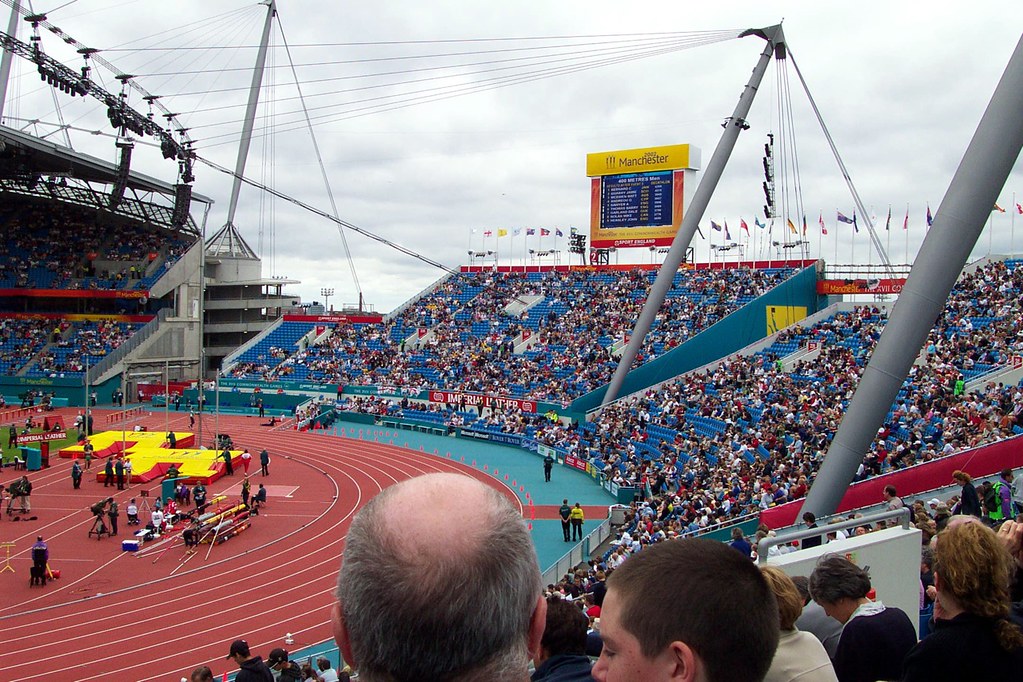Since the 2002 Commonwealth Games, Manchester has built on this foundation to create a vibrant and diverse calendar of events.

Manchester

The 2002 Commonwealth Games marked a turning point for Manchester, putting the city firmly on the international stage. Attracting more than one million visitors, the Games delivered an estimated £2bn economic impact and transformed East Manchester with over £600m of new infrastructure. The City of Manchester Stadium (now the Etihad), the National Cycling Centre, and aquatics facilities left a lasting sporting legacy, while investment in transport and public space strengthened the city’s regeneration. Importantly, the Games also built civic pride: surveys at the time found that 85% of residents felt the Games had improved perceptions of Manchester.
Since 2002, Manchester has built on this foundation to create a vibrant and diverse calendar of events. Annual staples like Manchester Pride, Manchester Day, and Parklife sit alongside international tournaments, Test matches, and music events at the AO Arena. The Manchester International Festival (MIF), launched in 2007, has further established the city as a cultural leader, premiering new works that tour globally and generating £50m for the local economy in 2019 alone.

In 2022, Manchester City Council published an updated Events Strategy to guide delivery up to 2030. The strategy places events at the heart of the city’s ambitions for inclusive growth, sustainability, and international influence. Its vision is to “deliver an outstanding programme of events which reflects the diversity of the city, inspires participation, attracts visitors, and promotes Manchester as a world-class city.”
Key priorities include:
- Inclusivity – ensuring events reflect Manchester’s diversity and are accessible to all residents.
- Sustainability – embedding environmental standards into event design and delivery.
- Pride of Place – using events to strengthen community identity and celebrate Manchester’s history and future.
- Visitor Economy – driving tourism, investment, and reputation through high-profile cultural and sporting events.
- Collaboration – uniting cultural organisations, sports bodies, businesses, and communities in planning and delivery.
The strategy recognises that major international tournaments, cultural festivals, and grassroots neighbourhood events each have a role in achieving wider policy goals around regeneration, skills, and community cohesion. It also links events with Manchester’s broader economic and cultural strategies, ensuring that they deliver meaningful and lasting impact.
CASE STUDY: Manchester 2002 Commonwealth Games
It is more than 20 years since Manchester hosted the Commonwealth Games. One of the aims of the Games was to leave a lasting legacy of new sporting facilities as well as social, physical and economic regeneration, particularly around Sportcity in the east of the city.
The initiative for staging the 2002 Commonwealth Games came from the City Council, which led on the regeneration and legacy plans and was responsible for developing the facilities. The council delegated operational responsibility for organising the Games to a limited company.
The staging of the Commonwealth Games was made possible because of the facilities developed for Manchester’s bid for the 2000 Olympics and Paralympic Games. The Aquatics Centre and the City of Manchester Stadium (now Manchester City’s Etihad Stadium) were new venues built for the Games, but many existing venues were also used.
The public investment in the Games and associated regeneration infrastructure and activity was £670 million at 2002 prices, including Manchester 2002 Commonwealth Games (£100 million funding for the stadium). While the Games themselves were delivered within budget, capital costs ran £30 million over budget and the Games organisers struggled to find commercial sponsorship.

